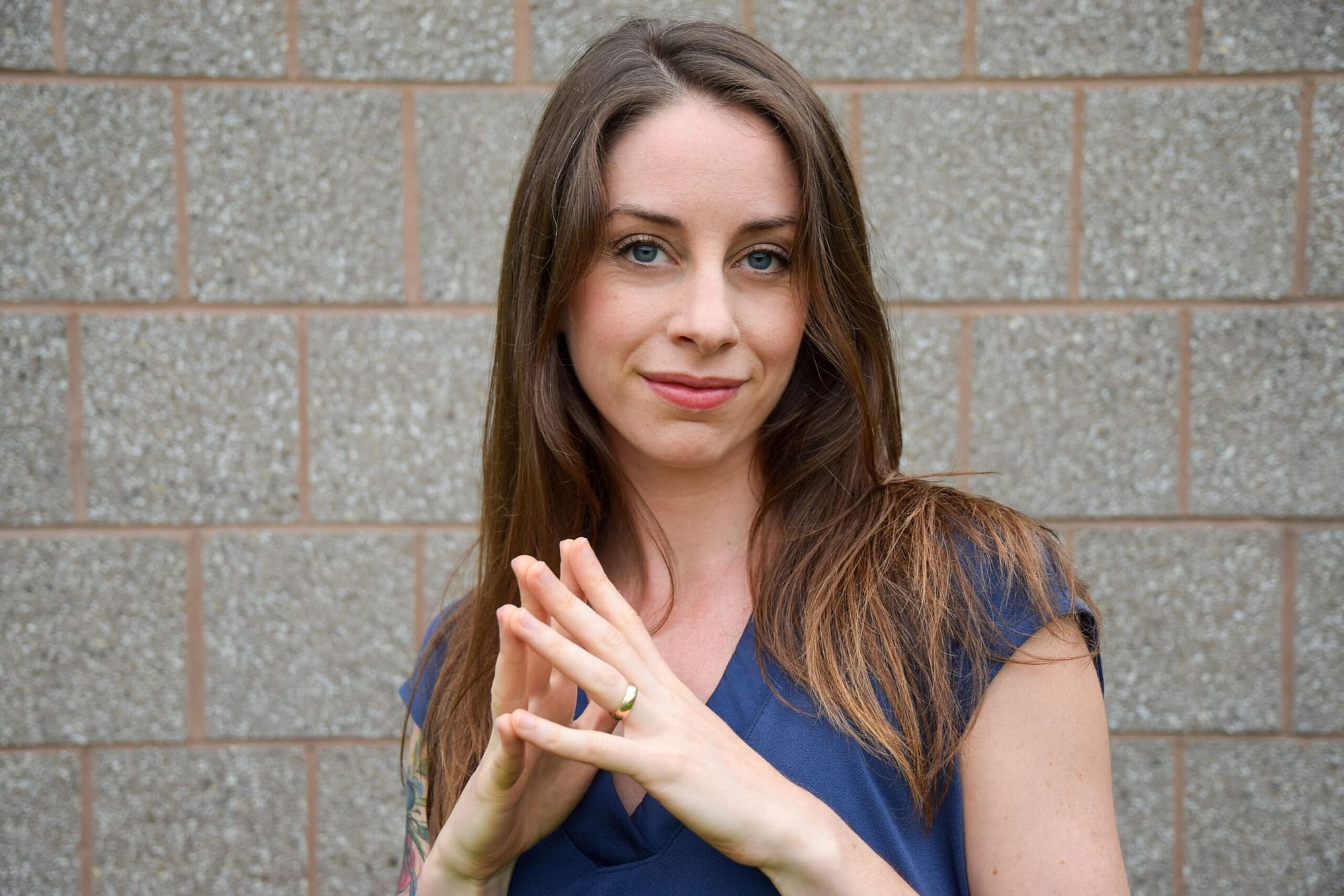When I left the office of my management consulting job for the last time, a wave of relief and elation washed over me. Although I had only been there for a year, the decision to quit was a long time coming. After struggling for months to make it work, I finally found the courage to accept what my inner voice had been telling me all along – that this work wasn’t right for me – and act upon it.
That year taught me that this inner voice of mine really did know what it’s talking about, and I should have been paying more attention to its messages. For so long, I ignored its quiet signs and allowed the noise of the outer world to drown it out, especially in big decision moments. As a result, choices that seemed sensible at first turned out to be unsatisfying in the long run. I think this is a feeling that many people share. Although we constantly hear “follow your heart” and “be yourself,” doing so isn’t as simple as the inspirational memes make it sound.
So as I look back at this experience, I’m reflecting on the importance of respecting my inner voice, especially in this world of infinite distractions and influences. How do I recognize when it is speaking? What does that feel like, in my body and in my head? And most importantly, how do I respond?
Let your body tell you how you feel
This is a crucial part of the mind-body connection: the ability to tune into the subtle physical sensations that tell us what’s going on within ourselves, particularly at decision time. There are physiological effects associated with emotions, like changes in heart rate, breathing, muscle tension, facial expressions, hormones, and more. Surprisingly, these changes actually happen before we consciously interpret the emotion.
When we feel these physical effects, we may recognize them as emotional signals, or we may just let them pass unacknowledged. It’s hard to ignore the nauseating feeling of dread or the butterflies-in-your-chest of elation, but many subtler emotions slip by unnoticed. If they are overshadowed by a continuous layer of stress, which so many people live with, they may never come through clearly enough to interpret as a separate emotion.
I was desensitized to these subtle changes, and I think this state of affairs is pretty common. This may be especially true among people who have learned to think linearly and focus on achievement (definitely me), which is exactly what school trained us all to do. We like to think we’re great decision-makers because we’re pros at the kind of deliberate thinking that involves research, analysis, and logic. However, we often end up disappointed with our own choices in the long run, perhaps for reasons we can’t fully articulate.
This happened with one of the most important decisions of my young life: choosing what to study in college. The summer before freshman year, I slogged through the entire course catalog, read books about choosing a career, and took personality and skill assessments. After a long process of elimination that involved spreadsheets and weighted scores, I chose civil engineering.
In hindsight, it was clearly not the best match. My favorite classes that year were Spanish and Analysis and Performance of Literature, and I spent all my extra time in college on music and dance. And yet I stuck with engineering, dedicated but never passionate. All this isn’t to say that rigorous deliberation has no place in decision-making, but my analysis was missing one indispensable element: how I truly felt about my options.
Filter out the noise
The truly part is important because we can’t always trust our most obvious or immediate emotional reactions. A huge body of research on the role of the “gut instinct” or “snap judgments” in decision-making has shown that these reactions can be useful, but they are prone to many biases. If we simply follow our first emotions all the time, we are likely to wind up giving into irrational fears, avoiding risk, and judging people based on unfair stereotypes.
We are also likely to mistake our emotional reactions to second-hand information for our own inner voice. A tsunami of opinions and information bombards us every day, not only from the people around us but also from social media, advertisements, news, and countless other external sources. It can become difficult to distinguish our true feelings about our own first-hand experiences from what we think we should feel, or how we feel about how other people feel. You see other people wanting something – a certain look, or job, or family, or whatever – and if you relate to those people in some way, maybe you think you want it too.
This was the force that led me to hang on to a decision that had clearly not panned out. Not only was I blind to my body’s emotional signposts, but I was also highly attuned to external signals about my decisions. They came from every corner – my family, my friends, my professors, my students, even strangers – and I let all the noise in. Their voices overpowered and confused my already weak inner voice, leaving me without a reliable compass to my own emotions.
So even when I noticed a nagging dissatisfaction, I held on to engineering anyway. Why? Because I was good at it, because it was useful, because it would pay well, because it impressed people, because I was too far along to quit now, because I was fighting the prejudice against women in science…all messages that came from others, not from within.
Ignore the “easy” way out
My time in consulting began in much the same way as my academic career. When it came time to decide what to do after my PhD, I felt an inner crisis coming on. Instead of giving into the storm and letting it take me in the direction I needed to go, I dragged myself desperately away from the vortex. I read more books, interviewed working professionals, sought advice from career coaches, imitated my peers, and ended up saying yes to the first thing that worked out.
Even though I found the lifestyle – long hours, weekly travel, fancy restaurants, and endless meetings – vaguely revolting, I convinced myself to give it a try. After all, other people dreamed of this job, everyone said it was an amazing opportunity, and they told me that I would be a star at it. The thing is, no one becomes a star at something they find vaguely revolting. At least, not for very long.
So in leaving that job, I left behind a long legacy of decisions made without respect for my inner voice, and I made room for greater sensitivity and confidence in myself.
You don’t have to upend your life to do the same. Sometimes it’s better to start with the small, everyday decisions, especially if you have made commitments to others who would be affected by a big change. The thing to remember is that following your inner voice will not feel easy – it will feel scary and different, but also liberating. You will not immediately find yourself in a paradise of perfect satisfaction. In fact, you may struggle for a while to find clarity. But in time, it will lead you to create a life that is true to yourself.


